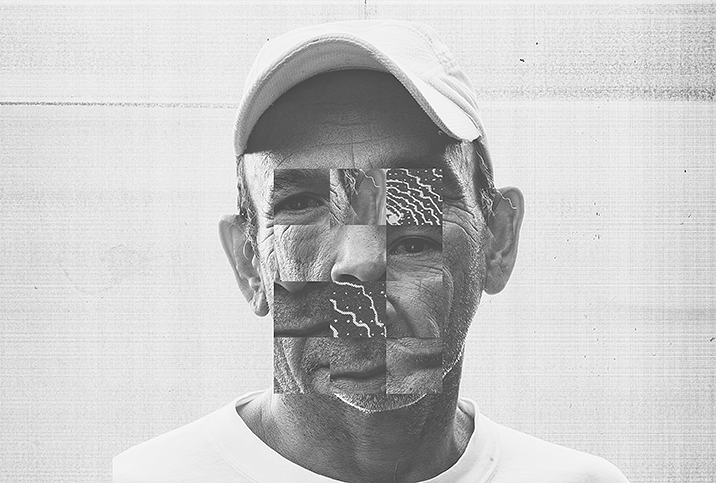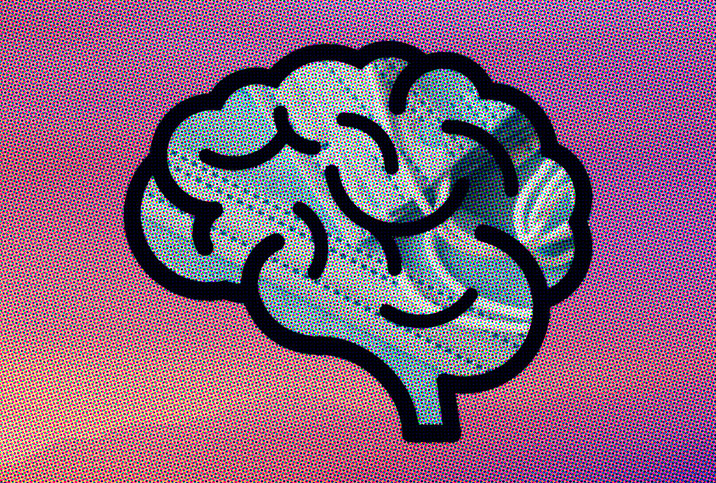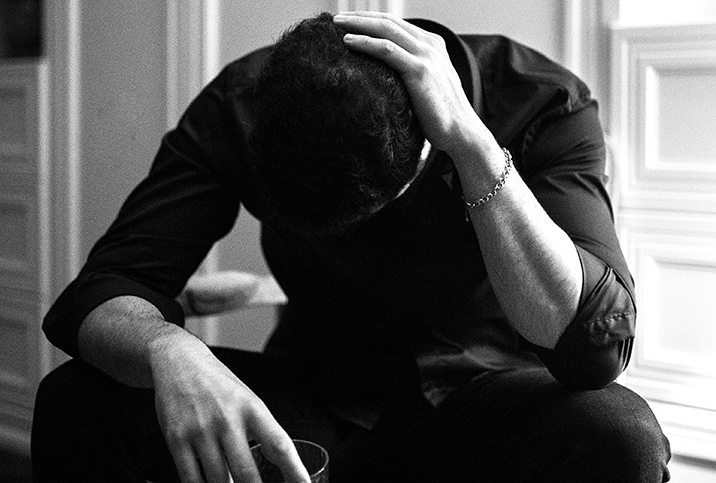How Erectile Dysfunction Affects Your Mental Health

While estimates vary, a 2018 review of studies found that about one-third of men suffer from erectile dysfunction (ED). Even with a ton of guys experiencing the issue, discussing it is still shrouded in shame. The tight-lipped taboo not only exacerbates the sexual aspect of the condition, but also contributes to negative impacts on mental health. If you experience ED, you aren't alone. Find out how erectile dysfunction can affect you psychologically, and what you can do to improve your condition.
ED can ignite a downward spiral
Men place an inordinate weight on their sexual performance, so when it becomes an issue, the downward spiral of mental and emotional issues can take its toll. A man's ED diagnosis may result in depression, anxiety and even a lack of physical interest in their partner.
This failure to be able to engage in sex obviously can cause a significant strain on intimate relationships. Many men with ED fail to discuss the condition with their partner—and, in turn, the partner may think that this lack of intimacy is about their own attractiveness or some other issue about themselves. The longer this misunderstanding goes on, the more harm it hangs on the ED sufferer, their partner and the relationship that hangs in the balance.
Relationships can be strained by ED, but it's a challenge that can definitely be worked through for an even stronger relationship afterward. Giddy psychologist Dr. Susan Ansorge talks about creating normalcy in a relationship despite the occurrence of erectile dysfunction. Watch the video here to learn more.
The most common side effects of ED are a lack of self-confidence and self-esteem, which can trail men outside the bedroom, as well. These negative feelings can permeate just about every facet of a man's life, impacting work and social situations.
The far-reaching influence of ED bolsters just how important it is for guys to seek solutions. Many men suffering from ED may see a huge boost in self-esteem after undergoing treatment, according to a study published in the Journal of Sexual Medicine. Everyone knows that avoidance won't make problems go away: The only surefire way to overcome the psychological effects of ED is to deal with the issue head-on.
Dealing with ED on mental and emotional levels
Different treatments have been shown to improve the quality of life for ED sufferers on mental, emotional and physical levels. Each man's approach to the condition is different, and comes with some trial and error to see what works and what doesn't. This process branches out from the doctor's office and into frank conversations with partners. Through this multipronged approach, men will have a greater chance in dealing with ED.
One of the best ways to overcome the stigma and negative feelings that accompany ED is to communicate with your partner and others. Many men suffer from ED at some point in their lives, and creating an environment for frank—even if it's sometimes uncomfortable—discussion will help you realize that you aren't alone. Broaching the topic is often the hardest part, but when you show a willingness to talk, you are taking the first step toward restoring a healthy and fulfilling sex life. Lovers are often the most understanding listeners, and even men who don't want to talk to close friends about the issue may find they communicate more easily with their partner. After all—they've seen you naked, so why not bare your feelings, too?
Make new choices
Long talks or even medication won't magically cure ED overnight but that doesn't mean you can't have a zesty, robust sex life. Instead of focusing just on penetrative intercourse, find other ways to spice up your intimate moments. Pleasuring your partner, orally or with sex toys, may be a viable (and fun) alternative. And you won't be fixated on your penis, so you'll be thinking less about mental and emotional hurdles to enjoying sex.
If you're apprehensive about going to your doctor or you don't want to take prescription drugs, you can often find other solutions. In some instances, your physical health and other factors may have a significant negative impact on your ED. Exercise and diet are good places to start if you want to improve your health. Some common risk factors for erectile dysfunction include:
- Obesity, with as many as 80 percent of ED sufferers having a body mass index (BMI) above 25
- High cholesterol or high blood pressure
- Diabetes
- Recurring anxiety and depression before the ED diagnosis
- Age
By tackling the source of the issue, you may find better treatment options.
Giddy urologist Dr. Edwin Morales explains the types of ED causes in the ED Guide video series. Click here to watch the video.
Take a proactive approach
The first step toward alleviating the psychological impact of erectile dysfunction is a proactive approach. Discuss it with your doctor and your loved ones, so you can find the right method to overcome ED and improve your mental state and love life in the process.

















